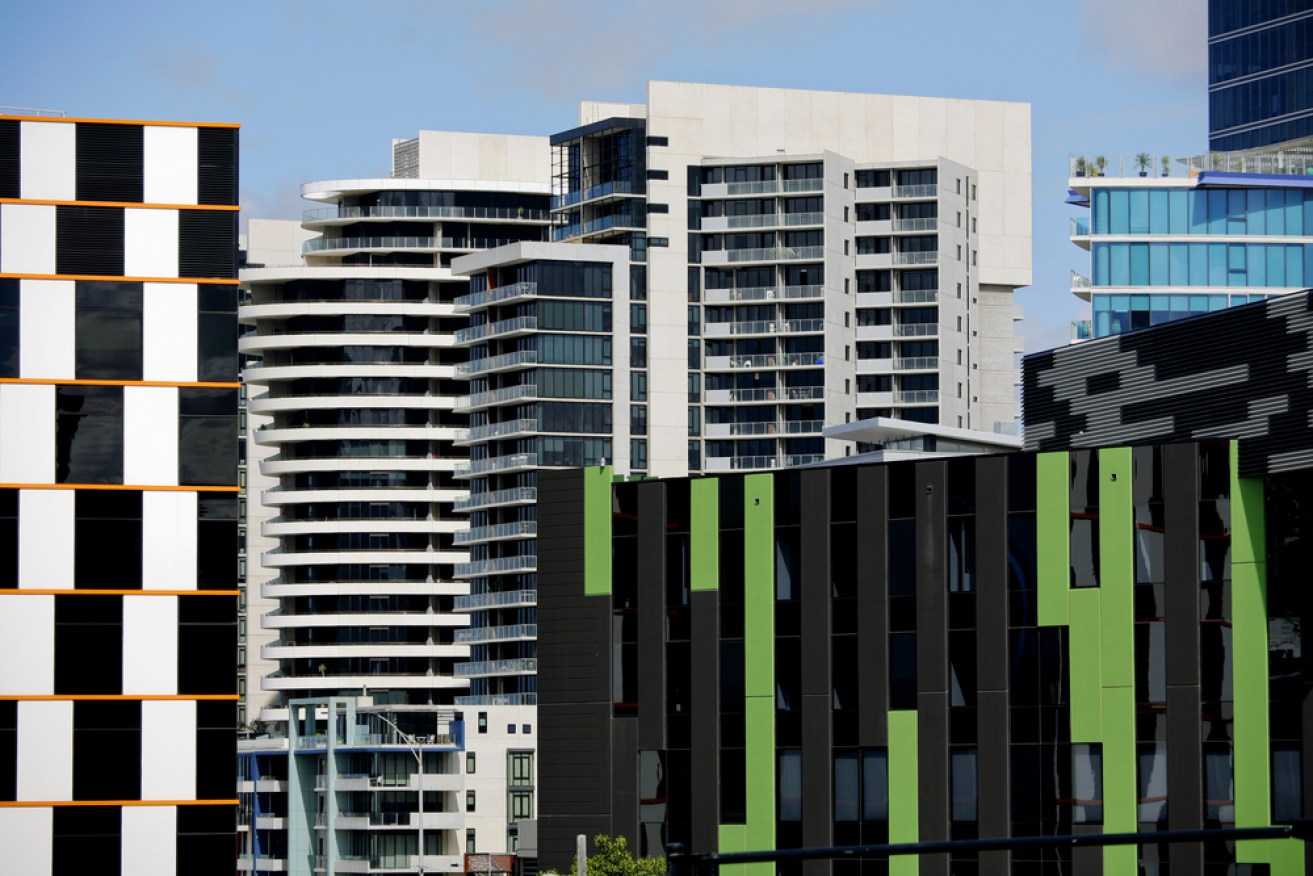Soaring house prices worry the RBA

Shutterstock
The Reserve Bank has expressed concern about soaring housing prices and rapidly growing investor activity, warning it could pose risks to the economy.
The central bank said low interest rates, rising house prices and competition among lenders had translated into a strong pickup in lending to property investors, particularly in Sydney and Melbourne, creating an imbalance.
Households had become increasingly willing to take on risk and debt this year, the RBA said.
• SOLD! The tricks real estate agents use to sell
• More alarm bells than GFC
It attributed the pickup in household credit growth to being almost entirely been driven by investor housing credit, which was growing at its fastest pace since 2007.
“The composition of housing and mortgage markets is becoming unbalanced,” the RBA said in its bi-annual Financial Stability Review on Wednesday.
The RBA has launched talks with the Australian Prudential Regulation Authority about how to reinforce sound lending practices for property purchases.
It said risks to financial institutions would increase if high rates of lending growth persisted or increased.
 “The apparent increase in the use of interest-only loans by both owner-occupiers and investors might also be consistent with increasingly speculative motives behind current housing demand,” the RBA said.
“The apparent increase in the use of interest-only loans by both owner-occupiers and investors might also be consistent with increasingly speculative motives behind current housing demand,” the RBA said.
“At this stage the main risk from this strong investor activity appears to be that the extra demand may exacerbate the housing price cycle and increase the potential for prices to fall later.”
That could pose risks to the economy if people reacted to declines in their wealth and loan repayment difficulties by cutting back on their spending, the RBA said.
Households that could be most affected weren’t necessarily the ones taking out loans, the central bank added.
There was also the risk that the increased demand would lead to too much construction and an eventual oversupply of housing, the RBA said, but this was more likely to affect specific local markets, particularly Melbourne.
The RBA said the rise in investor activity had probably priced some potential first-home buyers out of the market.
It said the willingness of some households to take on more debt, combined with slower wage growth, meant the debt-to-income ratio had picked up a little in the past six months.
“While this ratio is still within its range of the past eight years at around 150 per cent, it is historically high and hence any further increases in household indebtedness would be taking place from an already high base,” the central bank said.
The RBA warned banks to be cautious about their lending practices.
“It is important for macroeconomic and financial stability that banks set their risk appetite and lending standards at least in line with current best practice, and take into account system-wide risks in property markets in their lending decisions,” it said.
The RBA said that APRA had increased the intensity of its supervisions around housing market risks facing banks in the past year.
The watchdog is also working on new guidance for sound risk management practices in mortgage lending.
“The characteristics and risk profile of households investment property exposures warrant close examination given the recent strength of investor demand for housing,” the RBA said.
– AAP








